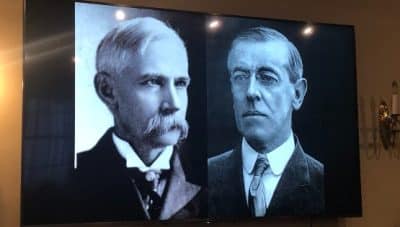
Being dishonest with law enforcement to intentionally divert attention away from you or from someone you are trying to protect might seem like a minor offense, but it can lead to some real legal complications. If you have been accused of public mischief, it is imperative that you understand the serious nature of your charges and the consequences that you might be facing. You also need to know what the charges are, and – if possible – how to fight them.
What is public mischief according to Toronto criminal law?
There are a variety of things that fall under the “public mischief” umbrella in Toronto. According to the Criminal Code of Canada Section 140(1), “public mischief” is when someone misleads any law enforcement official with the intent of negating them from investigating a potential crime. There are several ways that you can be accused of public mischief, such as:
- You make false statements to the police indicating that someone else has committed a crime.
- You divert the facts of an incident to make it look like someone else has committed a crime so that the real criminal can get away, or diverting attention away from your criminal act by accusing someone else.
- Making a claim that a crime has happened when it hasn’t.
- Making an accusation that someone has died when they haven’t.
Things like staging a fake kidnapping, faking a crime scene, or attempting to fake your own or someone else’s death are all punishable acts under public mischief according to Toronto criminal attorney. Typically, public mischief charges do not stand alone; they are generally accompanied by other criminal charges. An example of public mischief is making a false claim that there has been domestic violence in your home to win a custody case; if the allegations are found to be false, then it is possible for you to be charged with public mischief.
What are the consequences of being charged with public mischief?
The reasons that people don’t tell the truth to law enforcement officers vary depending on the situation, and the severity of doing so varies from one case to the next. There are times when a person might actually believe that what they say is true, only to later find out that they were mistaken. Another reason that a person might engage in public mischievousness is for revenge or spite, or in some instances, they might be trying to protect themselves or someone they love. No matter why you lie to the officer, however, the consequences of being charged with public mischief are severe.
Why you need a Toronto criminal lawyer
It is under the discretion of the Crown to decide the severity of the offense and to make recommendations for sentencing or fines. If it is serious enough, then it is possible to face as much as $5,000 in fines and up to five years in prison if found guilty.
The court does need to prove that you knew that what you were saying was false and that you intentionally lied in order to prosecute you for public mischief, which is why if you are accused, it is imperative that you have a Toronto criminal lawyer on your side to plead your case and prove you innocent. A professional criminal defense lawyer can help you to obtain the documentation necessary to prove your innocence, or at least seek to lessen the consequences of your charges by negotiating with the prosecution.
Lying to law enforcement is a very serious crime in Toronto, and as such can come with severe consequences. If you are charged with public mischief, it is more serious than it sounds. It is imperative that you have a professional in your corner to minimize the sentencing or to exonerate you.










